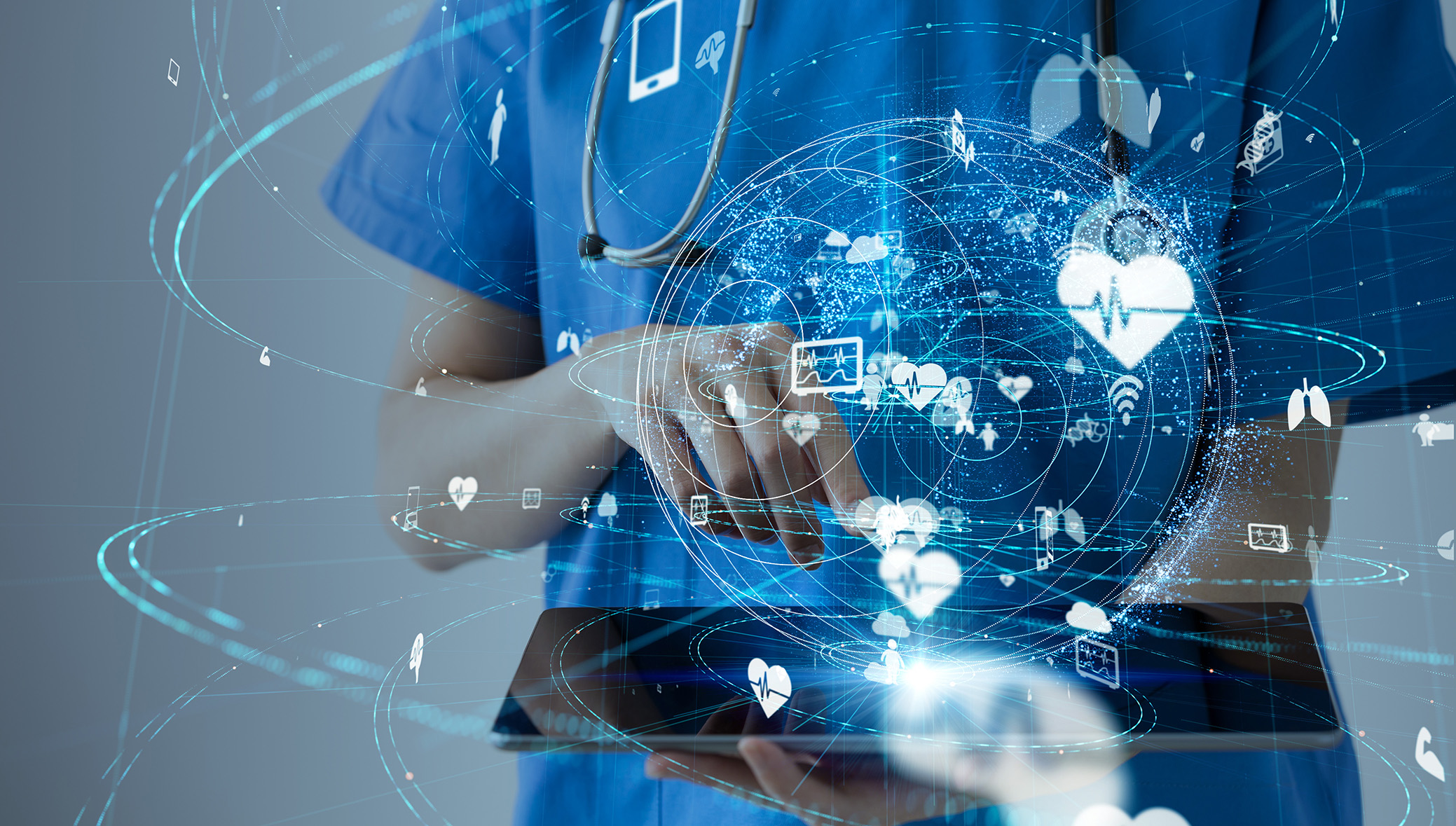In today’s digital age, the healthcare industry is undergoing a transformative revolution, thanks to the power of big data. Big Data development services have paved the way for significant advancements in healthcare, empowering patients to take control of their health like never before. In this blog, we will explore how big data is reshaping the healthcare landscape, making it more patient-centric, efficient, and accessible.
Understanding Big Data in Healthcare
Before delving into the ways Big Data is empowering patients, it’s essential to grasp what Big Data means in the context of healthcare. Big Data refers to the massive volumes of structured and unstructured data generated within the healthcare ecosystem. This data includes electronic health records (EHRs), medical images, genomic data, patient-generated data, and more. Big Data development services involve collecting, storing, and analysing this data to extract valuable insights and improve patient care.
Personalised treatment plans
One of the most significant ways Big Data is empowering patients is by enabling personalized treatment plans. Traditionally, healthcare providers followed a one-size-fits-all approach to treatment. However, every patient is unique, and what works for one may not work for another. Big Data analytics can process a patient’s medical history, genetic information, lifestyle, and other relevant data to create tailored treatment plans. For example, if a patient has a family history of heart disease and a genetic predisposition, their treatment plan may focus on cardiovascular health from an early age.
Early disease detection:
Early detection of diseases is crucial for effective treatment and improved outcomes. Big data in healthcare plays a pivotal role in early disease detection through predictive analytics. By analysing large datasets, algorithms can identify patterns and risk factors associated with various diseases. This information can help healthcare professionals identify high-risk individuals and initiate preventive measures. For instance, a big data system can alert a patient and their doctor if their vital signs and biomarkers indicate a potential health issue, allowing for early intervention.
Remote patient monitoring:
Big data development services have also led to the development of remote patient monitoring systems. These systems use wearable devices and sensors to collect real-time health data from patients. The data is then transmitted to healthcare providers, allowing for continuous monitoring of patients’ conditions. This is especially beneficial for patients with chronic diseases like diabetes, where regular monitoring is essential. With big data, patients can manage their health proactively and avoid unnecessary hospital visits.
Improved patient engagement:
Patient engagement is a crucial aspect of healthcare, as informed and engaged patients tend to have better health outcomes. Big data tools enable healthcare providers to engage with patients more effectively. For instance, electronic health records can be accessible to patients, allowing them to review their medical history, test results, and treatment plans. Patients can also receive automated reminders for appointments and medication through mobile apps, enhancing adherence to treatment regimens.
Enhanced Telemedicine:
Telemedicine louisiana has gained immense popularity in recent years, and big data is making it even more effective. With the help of big data analytics, healthcare providers can offer virtual consultations that are just as comprehensive as in-person visits. Through real-time data sharing, doctors can assess a patient’s condition remotely and make informed decisions. This not only improves access to healthcare services but also reduces the burden on physical healthcare facilities.
Data security and privacy:
While big data offers numerous benefits in healthcare, it also raises concerns about data security and privacy. Patients must have confidence that their sensitive medical information is protected. Big Data Development Services prioritise implementing robust security measures, including encryption and access controls, to safeguard patient data. Compliance with regulations like HIPAA (Health Insurance Portability and Accountability Act) ensures that patient privacy is maintained.
The Role of Big Data Development Services:
To harness the power of big data in healthcare, organizations require specialized big data development services. These services encompass data collection, storage, analysis, and visualization. They also involve developing custom algorithms and applications tailored to the unique needs of healthcare providers. By partnering with experienced Big Data development service providers, healthcare institutions can make the most of this technology.
Conclusion:
Big data is transforming the healthcare industry and empowering patients to take control of their health. Through personalized treatment plans, early disease detection, remote monitoring, enhanced patient engagement, and improved telemedicine, patients now have more agency in managing their well-being. However, it is crucial to ensure data security and privacy to maintain patient trust. Big Data development services play a pivotal role in harnessing the potential of Big Data in healthcare. As this field continues to evolve, patients can look forward to a future where healthcare is more accessible, efficient, and patient-centric than ever before.
By embracing the opportunities presented by big data in healthcare, we can pave the way for a healthier, more informed society where individuals are empowered to make proactive choices about their health. The synergy between technology and healthcare is a testament to human innovation, and it promises a brighter and healthier future for all.


